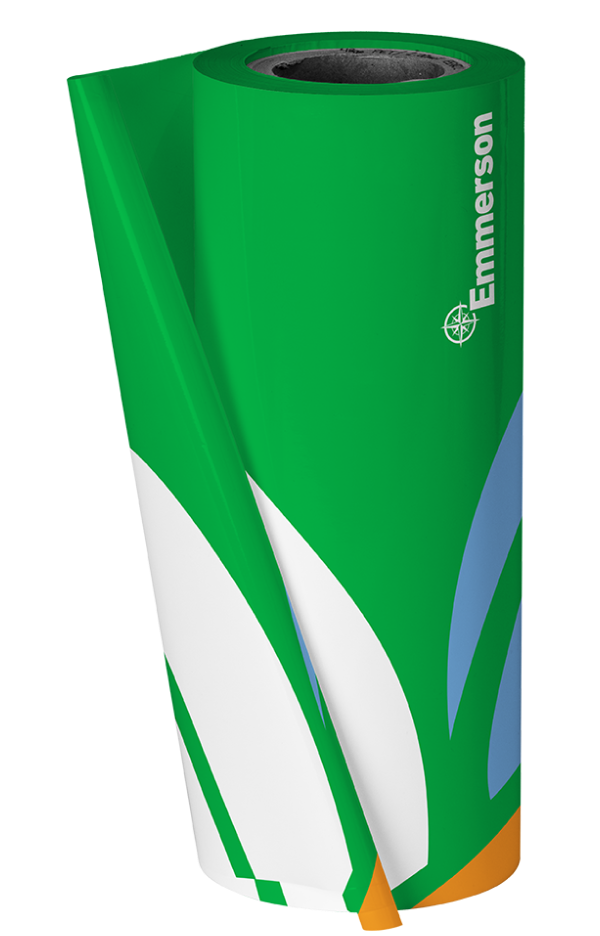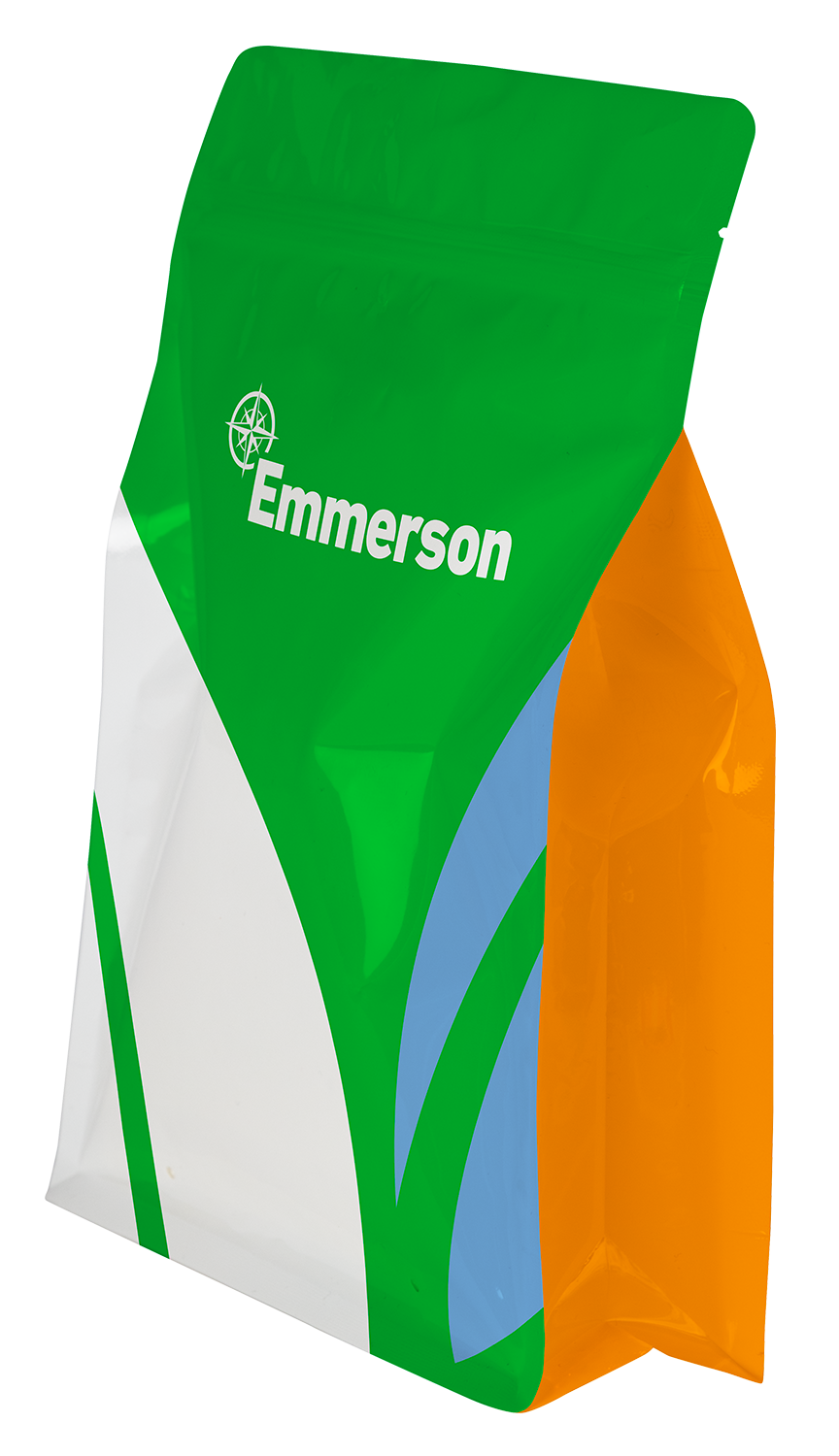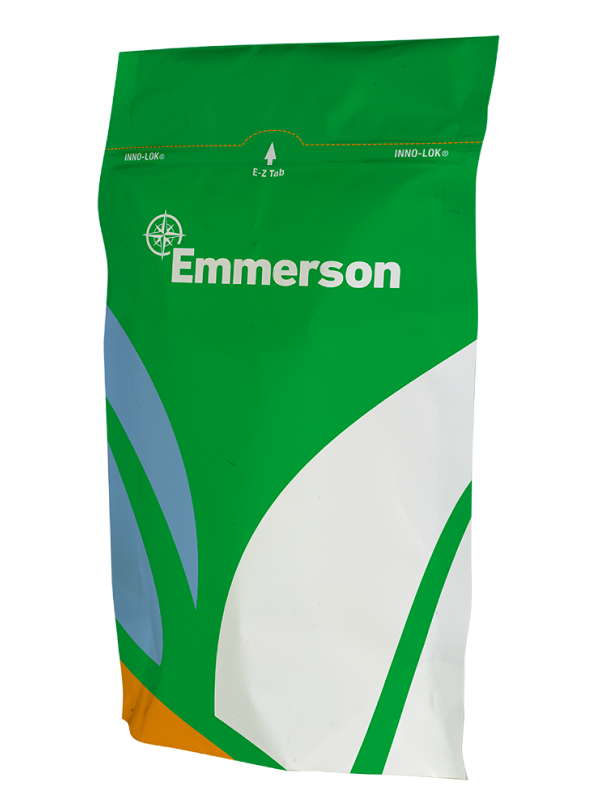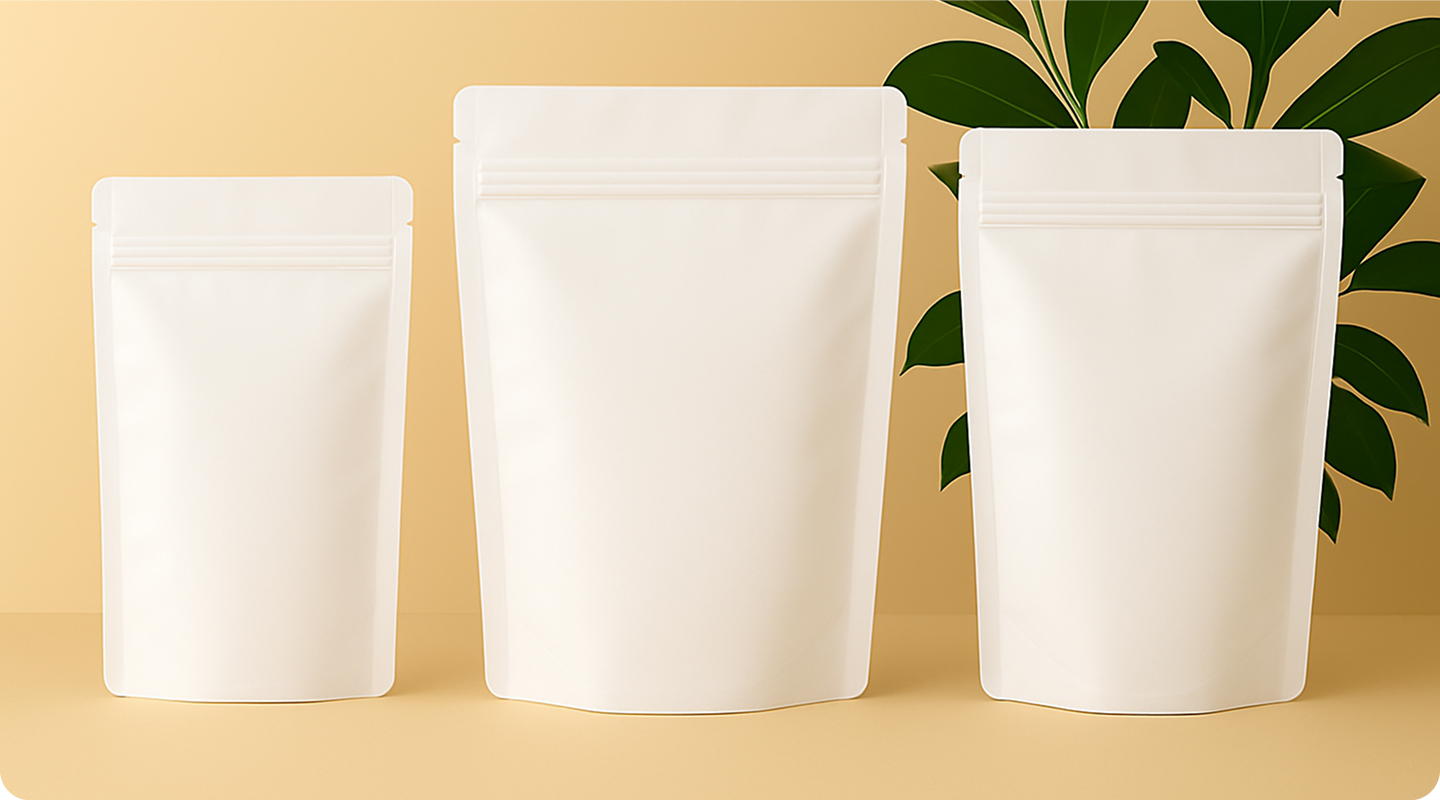Drinking straws have been making headlines as sustainability groups hold them up as an example of the evils of single-use plastic. Americans alone use (and throw away) more than 500 million plastic straws per day. While straws are just a symptom of a larger unsustainable plastic problem, their ubiquity provides a great opportunity to start a global conversation about alternatives to single-use plastic.
Food packaging is a significant source of single-use packaging. Flexible plastic packaging can have a much smaller environmental impact than rigid plastic packaging, but often still results in a single-use piece of plastic being discarded. Traditional flexible plastic packaging consists of different kinds of plastic laminated together, so it cannot be easily recycled without separating the plastics. Such a process would be expensive and difficult, so most buyers of recyclable materials won’t accept them.

Glass Packaging: A Better Alternative?
Some sustainability advocates recommend choosing glass over plastic packaging like stand up pouches. Glass certainly has environmental benefits—it can be easily recycled and can also be reused indefinitely by the consumer. However, there are also disadvantages to choosing glass, especially as a producer of food products. First, glass poses a safety risk. Glass is fragile, and a single broken container can contaminate a large amount of product with dangerous glass shards. Second, glass is not as environmentally friendly to produce as some kinds of flexible plastic packaging. Glass takes much more energy to produce, and the Glass Packaging Institute says that recycling glass takes ⅔ of the energy required to originally produce it. In comparison, plastic only takes 1/10 as much energy to recycle as it does to produce. Finally, glass is much heavier than plastic, which creates environmental issues in transportation. The vast majority of consumer packaged goods rely on high-carbon-emitting methods of transportation, such as road and air. Goods packaged in lightweight flexible packaging are cheaper to transport, and burn less fossil fuels. You can also fit five to ten times as many units in a single truck.The Single-Use Plastic Problem (And Our Solution)
Still the plastic problem remains—if single-use plastics are ending up in landfills and oceans, the environmental advantages discussed in this post amount to nothing. Most flexible plastic packaging is still not easily recycled, so consumers are just throwing it in the garbage. To combat this problem, Emmerson Packaging has developed single-use plastic packaging alternatives that give CPG producers all the benefits of flexible packaging—cost savings to produce, high shelf impact, consumer convenience, and HD flexographic images—without having to contribute to the global plastics problem. Our plastic packaging alternatives are easily recyclable or biodegradable (or both!), so when disposed of properly, they won’t remain in a landfill for hundreds of years or pollute our oceans.SmartPack™: Truly Recyclable Plastic Packaging
SmartPack™ is our innovative, award-winning answer to the flexible plastic packaging recyclability problem. It uses a VOC-free energy-curing technology to reduce the number of films required to create a durable, premium-looking package, meaning it can be easily recycled. SmartPack™ flexible packages carry a #2 recycling code, one of the top two most widely accepted types of plastic by municipal recycling programs.SmartPack-BDG™: Taking Sustainability A Step Further
We didn’t stop at SmartPack™. Recognizing that not all municipalities have recycling programs—and not all consumers choose to recycle—we developed SmartPack-BDG™, our most innovative green product yet. SmartPack-BDG™ is also recyclable as #2, but is biodegradable as well. It biodegrades within active landfill environments, leaving behind harmless biomass and natural gas. SmartPack-BDG™ is completely shelf-stable and highly machinable. Plastic packaging doesn’t have to be bad for the environment. Choosing sustainable plastic packaging alternatives like SmartPack™ and SmartPack-BDG™ gives producers the best of both worlds: they reap the cost savings and enjoy the green benefits of lightweight plastic packaging, and can offer eco-conscious consumers truly recyclable and biodegradable options that won’t wreak havoc on our planet.Find Your Brand’s Plastic Packaging Alternative
Ready to learn more about how our plastic packaging alternatives could work for you and your brand? Click here to start a conversation with Project Central, our project management department, about your sustainable packaging goals.



